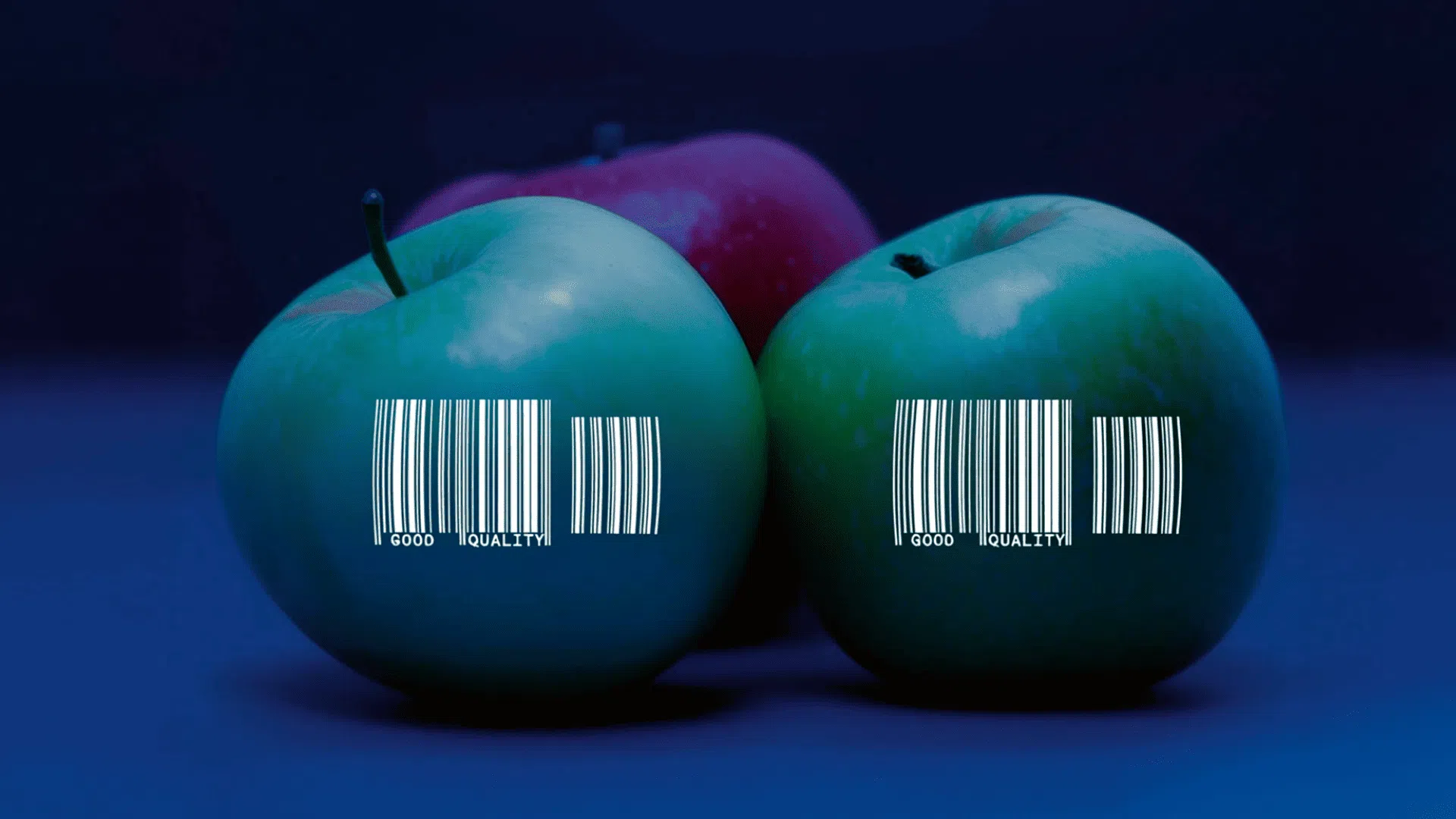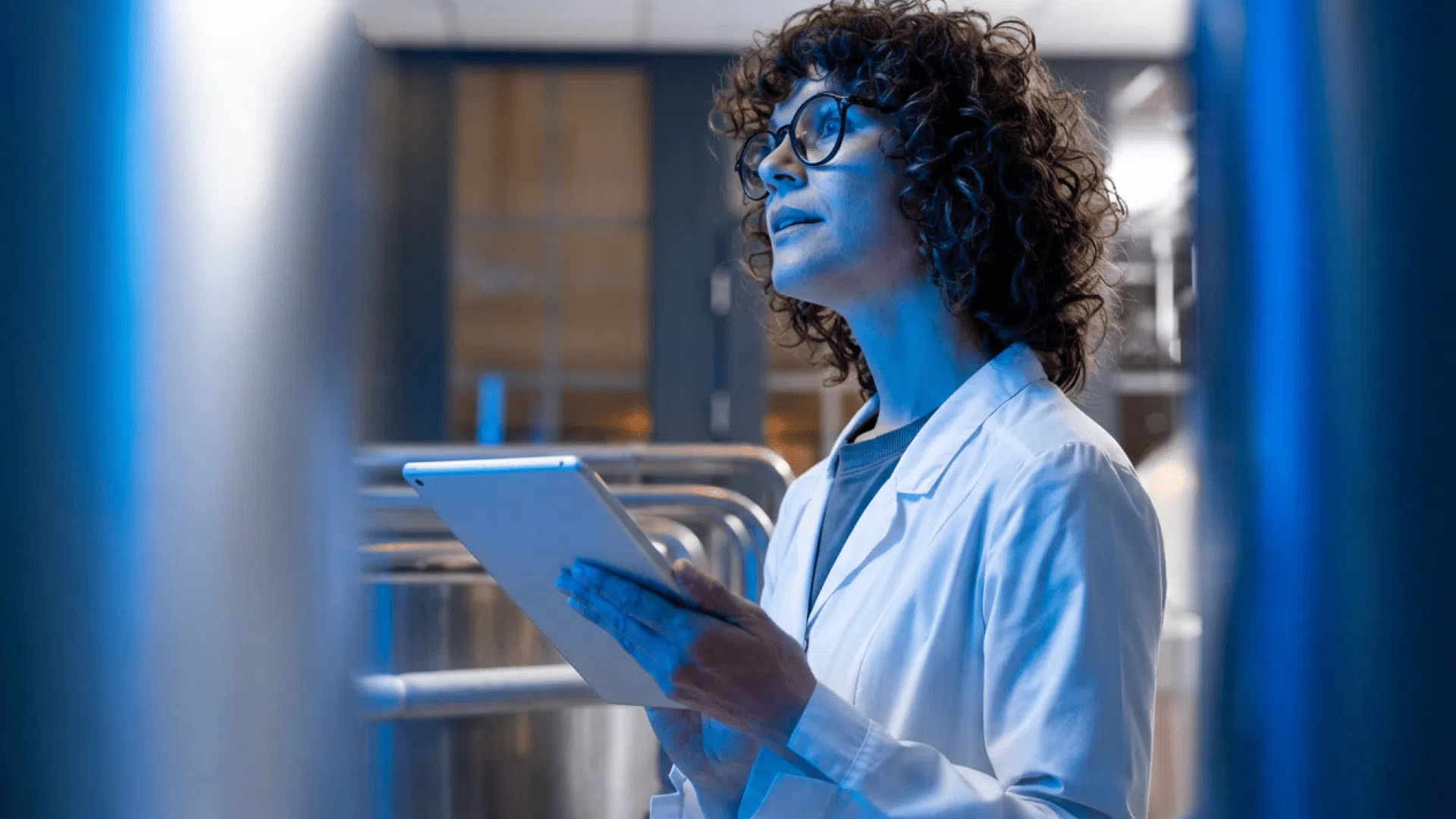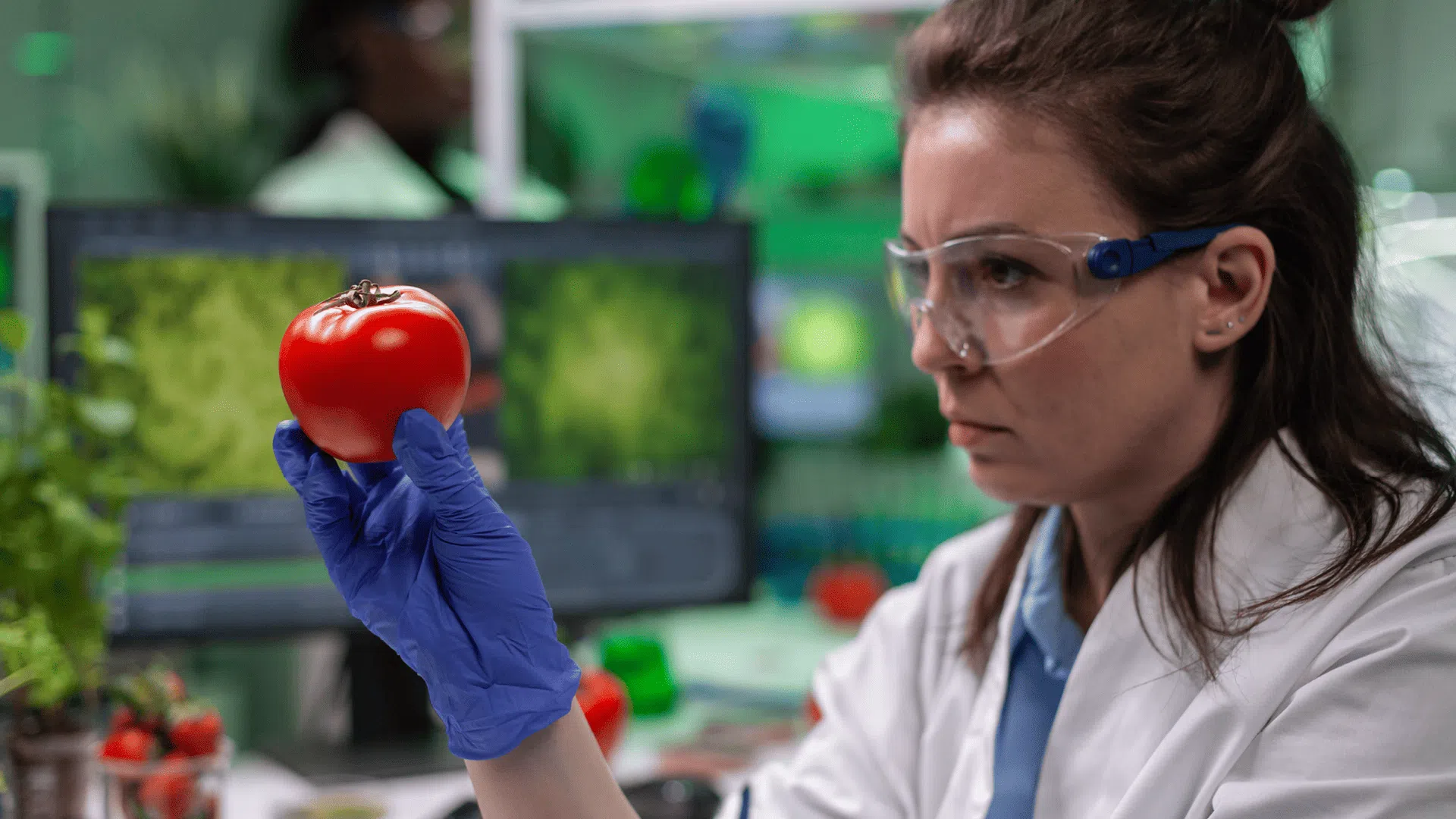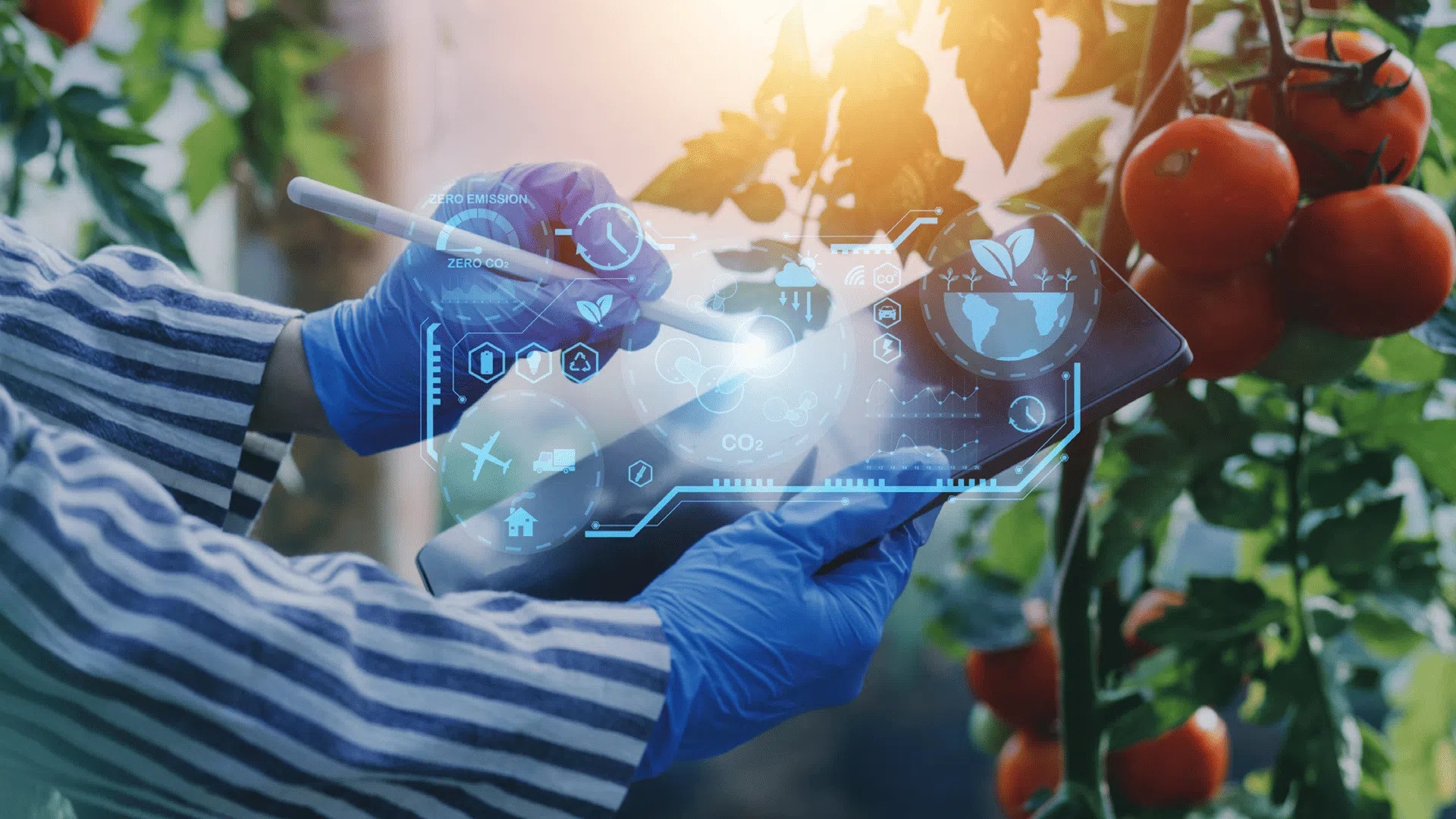Comprehensive guide to food safety audits that protects consumers and supports GFSI compliance.

Summary: Food traceability is essential for safety and compliance in the food industry. With strict regulations and high quality standards, transparent processes are indispensable. The right software makes it possible to efficiently document and optimize critical information such as origin, lot numbers, and distribution channels.
Strict regulations, high quality standards, and complex supply chains demand transparency and secure processes. Making smart decisions is the key to success – because the requirements for the food industry are constantly increasing.
Food and beverage traceability is the foundation for complying with legal requirements, safeguarding quality, and ensuring the ability to respond quickly when necessary. But which information must be documented? Which regulations apply? And how can software help optimize these processes?
Responsibility does not end with production – it starts with transparency. For food manufacturers and retailers to always be able to identify where a product comes from and the path it has taken, precise documentation is essential. To achieve this, numerous pieces of information must be recorded.
This complete transparency not only secures the supply chain but also strengthens trust with business partners and consumers. A safe product is the foundation for sustainable market success.
Food traceability has been legally required for all companies in the food supply chain since January 1, 2005. The legal basis is Regulation (EC) No. 178/2002, adopted on January 28, 2002, which defines that food must be traceable at all times across Europe. Different stakeholders carry specific responsibilities.
Complying with these requirements is a challenge – particularly in global supply chains. Companies that apply the right technology and strategy not only minimize their risks but also secure a decisive competitive advantage. An ERP system designed to meet the strict demands of food and beverage manufacturers offers particularly efficient and reliable support.
Manual processes and scattered data sets are no longer an option. Companies that want to stay competitive need a smart solution that combines transparency, efficiency, and security. The industry-specific ERP solution from Yaveon was developed for the food and beverage industry and enables, among other things:
In addition to ERP systems, supporting technologies such as barcodes, RFID, or GPS tracking are available. However, only an industry-specific ERP solution enables complete, compliant, and efficient food traceability. Reliable processes are the key to keeping companies flexible and able to act – whether in day-to-day operations or in crisis situations.
One thing is clear: food traceability plays a crucial role in the food industry. But in addition to complying with legal requirements, companies face numerous other challenges. The most important include:
The good news: a powerful ERP system with an industry-specific solution helps companies overcome these challenges by automating processes, centralizing data, and creating transparency.
Food and beverage traceability is much more than a regulatory obligation – it is a competitive advantage, a promise of quality, and a matter of responsibility. With complete documentation, you ensure safety across the entire supply chain. With the right software solution, you can comply with legal requirements, optimize quality control, cost management, and responsiveness thanks to efficient digital processes. This is the ideal foundation for producing safely, at high quality, and transparently – and for remaining competitive in the long term.
 Everything about food safety audits – Beitrag öffnen
Everything about food safety audits – Beitrag öffnen
Comprehensive guide to food safety audits that protects consumers and supports GFSI compliance.
 Quality control in food production – Beitrag öffnen
Quality control in food production – Beitrag öffnen
See how quality control keeps food safe and consistent through testing and regulatory standards.
 Sustainability in the food industry – Beitrag öffnen
Sustainability in the food industry – Beitrag öffnen
How an ERP system for food production helps to reduce waste, lower CO₂ emissions and promote sustainable processes.